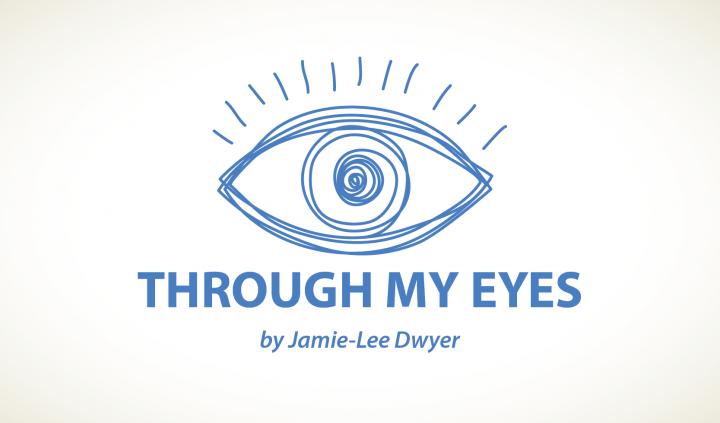Voluntary Euthanasia Is a Complex Topic
Written by |

I’m going out on a limb here to talk about one of those controversial issues that tend to get skated around a lot in disabilities communities: voluntary euthanasia (VE), also known as physician-assisted suicide.
Last year, I met someone who was severely disabled by an accident. I found out that he had wanted to end his own life using VE, but legalities prevented him from following through. I instantly felt angry that this man thought he had no choice but to end his life because of his newfound disability. It made me want to get up on my high horse and scream, “Disability is not the end of the world!”
It took me a long time to realize that this man’s choice was his own to make, and although I chose a different path than him, that does not mean I should have attacked his decision. VE is a complex issue with many different viewpoints to consider.
Many debates are sparked between “pro-life” religious fundamentalists and secular progressives who believe we all deserve the right to choose the manner in which we die — especially those who are terminally ill. The latter group sees it as a basic human right. On the other side of the fence, most, if not all, religions (fundamentalist or not) believe all human life to be of value, so they firmly reject the notion of suicide.
Putting aside the moral implications of depression and suicide, we also see disability groups and political organizations picking sides in the fight, arguing that the legalization of VE will mean the death of disability rights. The Australian Family Association wrote, “Incurably or profoundly disabled people as well as elderly people also often qualify for having their lives deemed ‘not worth living’ whether or not they have asked, or can ask, to be killed.” While the truth of these statements may be questionable (no proof is offered to substantiate them) in today’s world, there is no denying the possibility of it becoming a reality at some point.
Interested in FA research? Check out our forums and join the conversation!
One only has to look at the response of the disability rights community to last year’s Hollywood movie, “Me Before You,” to see how touchy of an issue VE is. The romance movie depicts a disabled man’s decision to end his own life. People in the disability rights community were outraged and even staged a red carpet protest at the premiere.
Rebecca Hawkes wrote in The Telegraph, “The message of the film is that disability is tragedy and disabled people are better off dead. It comes from a dominant narrative carried by society and the mainstream media that says it is a terrible thing to be disabled.”
But is it true that the legalization of VE poses a legitimate threat to disability rights? Will our lives be deemed worthless and our choices be taken away?
In late 2015, Australian TV presenter Andrew Denton created a podcast called “Better Off Dead,“ which concluded in 2016. He used his podcast to discuss the stories and moral arguments involved in VE. He explored euthanasia laws around the world and traveled the globe with his microphone to visit places where euthanasia is legal. He wanted to let his audience listen to interviews from both sides debating VE, and listen to firsthand accounts of what the effects have been from euthanasia legalization. Denton wanted to see whether the safeguards worked and whether the elderly and disabled were threatened like anti-euthanasia organization HOPE said they were.
VE is a multifaceted issue, not a black and white one like the media often portray it. VE seems like a humane choice in some situations, whereas in others, it seems like suicide. Every individual case is different, and not all of them involve a disabled person. VE should be a hard choice to make, and whether or not we agree with it, we need to make an effort to understand the decision instead of judging without knowledge or firsthand experience in the matter.
***
Friedreich’s Ataxia News is strictly a news and information website about the disease. It does not provide medical advice, diagnosis or treatment. This content is not intended to be a substitute for professional medical advice, diagnosis, or treatment. Always seek the advice of your physician or another qualified health provider with any questions you may have regarding a medical condition. Never disregard professional medical advice or delay in seeking it because of something you have read on this website.




Leave a comment
Fill in the required fields to post. Your email address will not be published.